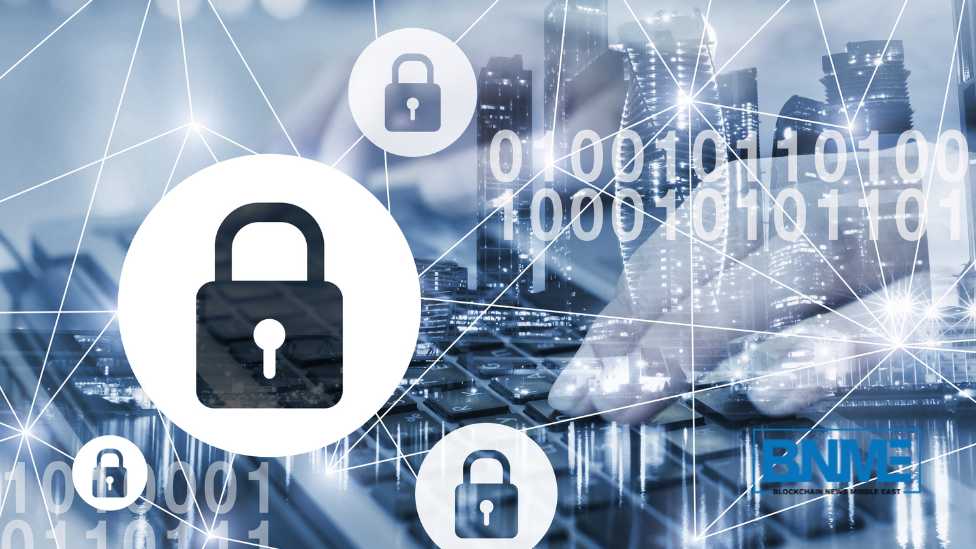Digital transformation is a big deal in the Kingdom of Saudi Arabia. It is part of the kingdom’s Vision 2030. With its focus on integrating technology into the economy, there has been a corresponding increase in the need for cybersecurity.
Cybersecurity in Saudi Arabia
Saudi Arabia has solidified its leadership position through various initiatives aimed at building a robust and sustainable cybersecurity ecosystem. According to the World Competitiveness Yearbook (WCY) for 2023, published by the Swiss-based International Institute for Management Development (IMD), Saudi Arabia was second place in the global Cybersecurity Index. Additionally, Saudi Arabia ranked 17th overall in the 2023 competitiveness ranking.
The International Telecommunications Union (ITU) also recognized the Kingdom as a global leader in cybersecurity. The Kingdom ranked second on the Global Cybersecurity Index.
Benefits of Blockchain in Cybersecurity in Saudi Arabia
Data Integrity
Data integrity is a very important part of cybersecurity. Blockchain technology provides a solution to ensure data integrity through its decentralized and immutable ledger system. Every transaction or data entry is time-stamped and linked to previous entries. This creates a secure and unalterable record. In Saudi Arabia, where the protection of sensitive information is key, blockchain ensures that data remains tamper-proof and traceable.
Infrastructure Security
Saudi Arabia’s critical infrastructure, including its oil and gas sectors, is a prime target for cyber-attacks. Blockchain technology can beef up the security of these infrastructures by decentralizing control and adding layers of security to operational data. For instance, blockchain can secure communication networks. Also, it provides a reliable means of recording maintenance and operational activities.
Identity Management
Identity management is a cornerstone of cybersecurity. Traditional identity systems are often centralized. This makes them vulnerable to breaches. Blockchain brings a decentralized approach to identity management, where individuals have control over their personal information. In Saudi Arabia, implementing blockchain-based identity systems can enhance the security of digital identities, reduce identity theft, and streamline verification processes across various sectors.
Data Privacy
Data privacy is a growing concern, and Saudi Arabia is no exception. Blockchain technology can help with data privacy by allowing users to control access to their data. Through cryptographic techniques and smart contracts, blockchain can allow only authorized parties to access data.
Compliance and Auditing
Compliance with regulations is essential for maintaining cybersecurity standards. Blockchain can simplify compliance and auditing processes by providing a transparent and immutable record of activities and transactions. This transparency ensures that all actions are traceable and verifiable. This makes it easier for organizations in Saudi Arabia to demonstrate compliance with national and international cybersecurity regulations.
Final Words
Saudi Arabia is one of the countries prioritizing its cybersecurity space. Even with the growth of the industry records, blockchain technology can help secure the country’s infrastructure, promote data privacy, etc.
Frequently Asked Questions
Does Saudi Arabia use Blockchain?
Yes, Saudi Arabia uses blockchain.
How does Blockchain help Cybersecurity?
Blockchain helps cybersecurity with identity management, data privacy, etc.
Which Countries Use for Blockchain Technology?
Some of the countries that use blockchain include the UAE, Singapore, El Salvador, etc.
Which Exchanges can I use to buy Bitcoin in Saudi Arabia?
Some of the exchanges you can use for Bitcoin in Saudi Arabia are Binance, Kraken, etc.
Is there a Bitcoin ATM in Saudi Arabia?
No, there is no Bitcoin ATM in Saudi Arabia.
Is Binance allowed in Saudi Arabia?
Yes, Binance is allowed in Saudi Arabia.
Is Bitcoin Legal in Saudi Arabia?
There is no outright ban on Bitcoin in Saudi Arabia.




























